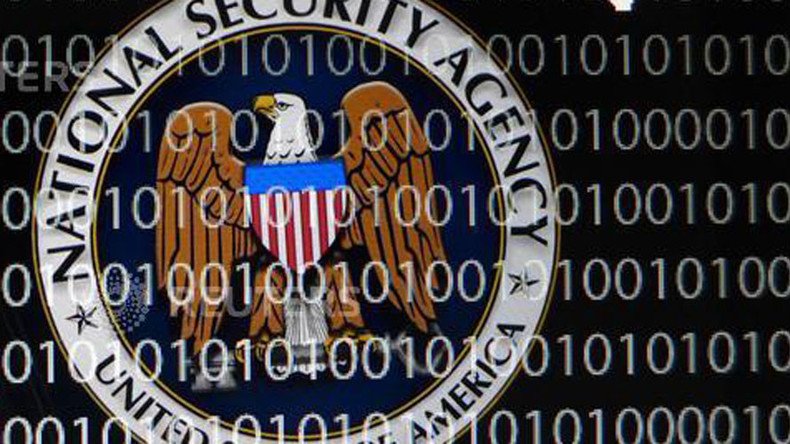Snowden leak: GCHQ & America’s NSA regularly intercept British MPs emails

American spies and the UK’s listening post GCHQ regularly intercept the emails of British MPs and peers, including privileged correspondence between parliamentarians and their constituents.
The US National Security Agency (NSA) reportedly has access to intercepted emails sent and received by all MPs and peers through Parliament’s Microsoft computer system, Office 365.
Intelligence agency GCHQ on the other hand, allegedly accesses the data when it leaves UK’s borders on its way to Microsoft’s data centers in Dublin and the Netherlands.
The revelations have been made public through an investigation by Computer Weekly, based on leaked documents by the now-exiled former NSA contractor Edward Snowden.
GCHQ joins Twitter saying 'Hello World' and gets trolled instantly https://t.co/FPo5uhHbXUpic.twitter.com/d7ZGEJGn53
— RT UK (@RTUKnews) May 16, 2016
GCHQ has harvested details of all parliamentary emails, including sender, recipient and subject matter, for at least three years using its Tempora bulk interception system, according to Computer Weekly.
The magazine reports documents released by Snowden reveal how GCHQ is also able to scan the content of parliamentary emails for keywords through a cyber defense network connected to spam-filtering software.
US spy agency the NSA allegedly uses Microsoft’s cloud system, Office 365, to access parliamentary emails and documents.
The Prism system is able to intercept the communications after secret directives were given to Microsoft under controversial surveillance laws, passed by Congress in 2008.
'Secret expansion': #GCHQ may be employing 'thousands more' than it officially admits https://t.co/fWsoakjT2upic.twitter.com/9hIPVeAVz0
— RT UK (@RTUKnews) January 10, 2016
The directives came into force at the same time Microsoft sold its cloud data system to Parliament.
“The House of Commons administration has serious questions to answer,” Tory MP David Davis told Computer Weekly.
“On whose authority was ‘consent’ granted to view members’ emails? How did they manage to obtain that consent from every one of the 650 members whose constituents’ confidentiality is affected?” the former Home Office minister asked.
“The government should also make it clear to parliament the extent to which scanning of all mail by a US-controlled company has made Parliamentary communications vulnerable to agencies of a foreign power, namely the American NSA,” he added.
NSA whistleblower will present evidence against Theresa May’s Investigatory Powers Bill https://t.co/FLfWXyGYbApic.twitter.com/hJoMbn3Ouv
— RT UK (@RTUKnews) January 6, 2016
Labour Party Deputy Leader Tom Watson described the revelations as a “shock.”
He said it is essential for Home Secretary Theresa May to include protections for MPs, lawyers and journalists in the Investigatory Powers (IP) Bill, which is currently going through Parliament in its draft form.
The controversial legislation was recently described as “inherently incompatible” with privacy rights by Parliament’s Human Rights Committee.
“Protection for MP communications from unjustified interference is vital, as it is for confidential communications between lawyers and clients, and for journalists’ sources, the bill must provide tougher safeguards to ensure that the government cannot abuse its powers to undermine Parliament’s ability to hold the government to account,” committee chairwoman Harriet Harman wrote.












